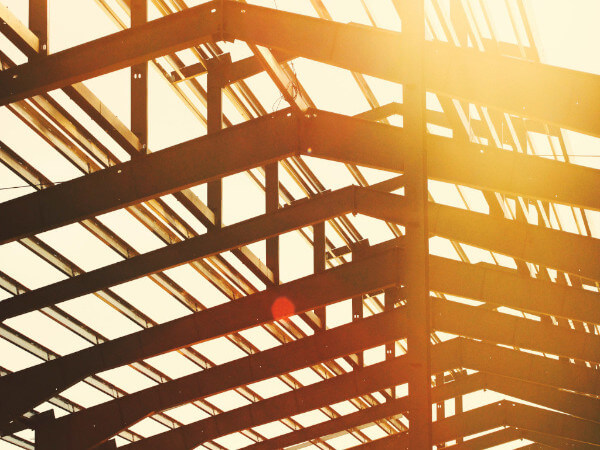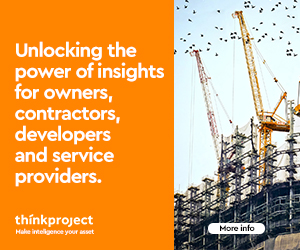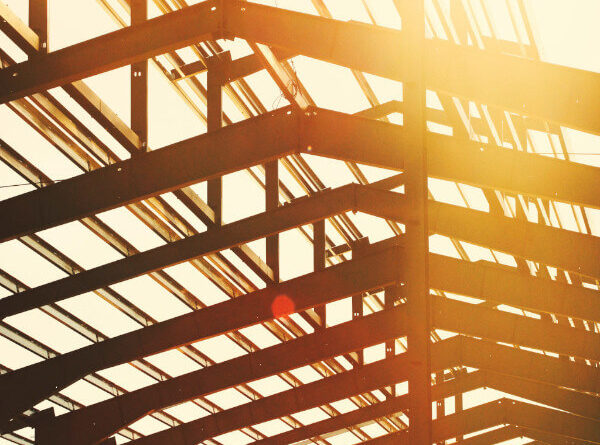Concrete, steel and glass buildings are ‘racist’
A leading design and climate expert believes that high-carbon buildings are morally indefensible, and could even be considered racist.
University of Bath Professor of Zero Carbon Design David Coley wants materials usage to become a moral issue with a complete rethink over common design elements including high levels of glazing and excessive use of steel and concrete.
He argued that architects, contractors, planners and construction clients must consider building projects from a moral standpoint based on their lifetime carbon impact in a new essay titled Are buildings evil?Rethinking responsibility in the construction industry.

It says buildings should be seen as “harmful emitters” and that given a disproportionate amount of this harm, in the form of rising sea levels and temperatures will fall on the non-white population of the global south, designing and constructing energy-intensive buildings “fuels global climate injustice and is therefore morally offensive, and potentially a form of unconscious institutional racism.”
The report is co-authored by Labour MP John Cryer and calls for government to support developers in reducing emissions by providing incentives and tax relief for zero-energy building.
Prof Coley said: “We urgently need to rethink our approach to construction and adopt zero-energy practices. The largest proportion of our carbon emissions come from our buildings, not industry or transport, as is often assumed.

“We know how to build, and have built, some exemplary low-energy buildings, so our failure to adopt them as the norm can be viewed as deliberate.
“Highlighting the link between emissions and buildings is key to putting sustainability at the heart of architecture and design. This comes down to what our values really are, and how we develop innovative future designs that are both impressive but also zero-energy.
“In short, rather than seeing low-energy design as an engineering issue, we need to focus on the truth – it is a moral issue. If we can do this, architects will naturally design sustainable buildings and developers will insist on them, in part to protect their investment.

“Once energy use and carbon emissions are linked to morality and aesthetics, they become reputational and legacy issues, not engineering ones.
“Deep changes in society are often triggered by a popular movement or demand, and public opinion has the power to force developers to prioritise sustainability.
“We need the public to demand zero-energy buildings, developers to set zero-energy briefs and architects to draw zero-energy buildings – and all because they find anything else unacceptable, even repulsive.”


Did you miss our previous article…
https://www.sos-bc.org/?p=279


